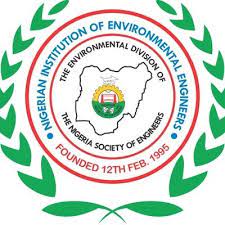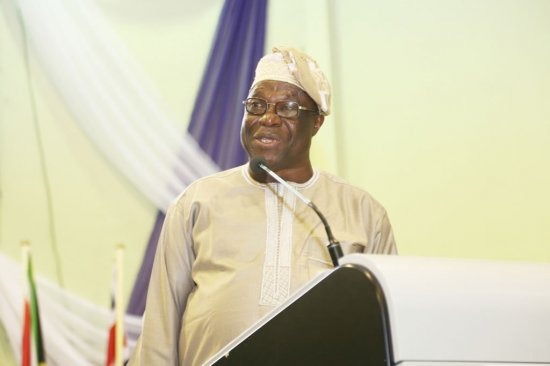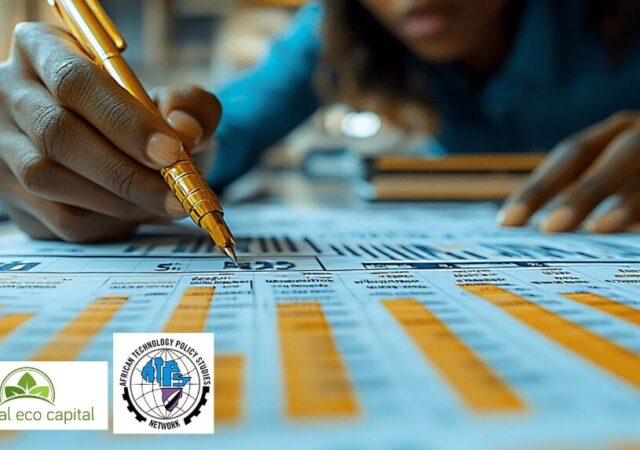“The application of Artificial Intelligence and Clean Energy cooperatively create more sustainable and efficient energy systems”, says Prof. Abiodun Musa Aibinu, Principal Investigator of Artificial Intelligence for Clean Energy (AI4CE).
Prof. Aibinu, who spoke as keynote speaker at the Nigerian Institution of Environmental Engineers (NIEE), Lagos State Chapter’s February Virtual Technical Session, Prof. Aibinu said AI and CE help to reduce greenhouse gas emissions and mitigates the impacts of climate change.
According to him, renewable energies will become much more efficient in the future with the application of AI.
Holding office as the substantive Vice-Chancellor of Summit University Offa, Kwara State, Prof Aibinu majorly advocated for inclusion of Renewable and Clean Energy courses from primary schools to the higher institution level.
“AI and CE are addressing energy crisis globally,” Prof. Aibinu said. “AI optimises the generation, distribution and consumption of clean energy, improves energy efficiency, and reduces waste.
“Presently, we have lots of rules guiding energy trading in Nigeria. But do you know that if you and I can generate energy for our own use, our reliance on the national grid will definitely reduce, and the little one that we have been able to generate will go round and get to other users. And by that, we are gradually moving ourselves from being an energy bankrupt country to an energy-sufficient nation.”
The VC also stated that AI-powered sensors detect and prevent energy leaks in building, adding that AI’s tasks improve the performance and efficiency of wind turbines and solar panels.
Aibinu is a Professor of Mechatronics Engineering.
He has participated in and won several academics and research awards at various international and national exhibitions.
He has authored and co-authored several publications in both local and international journals and conferences. Some of his published works are highly cited in the academic field. His research interests include: Digital signal and Image processing, Information and Communication Technology, Robotics, Process Automation, Intelligent system development and Clean Energy generation.
Prof. Aibinu has been actively involved in teaching, supervision, mentoring and research activities at various universities in Nigeria and Malaysia.
Also speaking at the programme was the NIEE Lagos State Chairman, Engr Yusuf Majolagbe who said government, along with the energy sector, “need to ramp up renewables and transition from fossil fuels”.
The Wastewater Management expert stressed the importance of Artificial Intelligence (AI) in advancing the renewable energy industry.
He said: “The Nigerian energy sector faces pressing challenges as regards the supply of stable power supply to Nigerians and as such, it needs to act with urgency.
“Policy commitments to a net-zero future, such as the Paris Agreement, mean the transformation to a low-carbon economy must come at pace, which in turn help in reducing our reliance on fossils fuels and other environmentally unfriendly energy sources.
“In order to tackle this disruptions head on, the government along with the energy sector need to ramp up renewables and transition away from fossil fuels. While renewable energy is most likely going to flourish amid this backdrop, its intermittent nature means solutions will need to be found to keep grids stable.”








Your article helped me a lot, is there any more related content? Thanks!